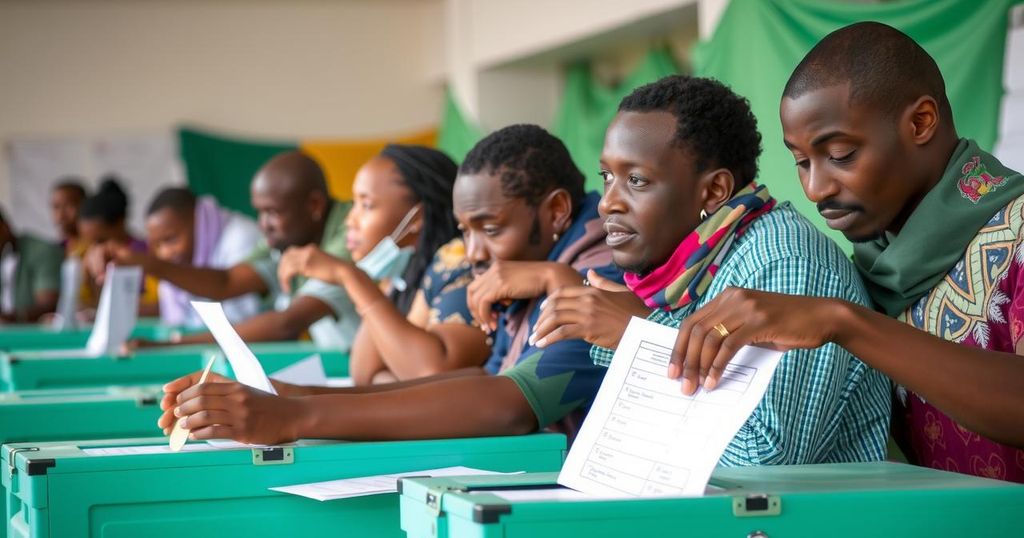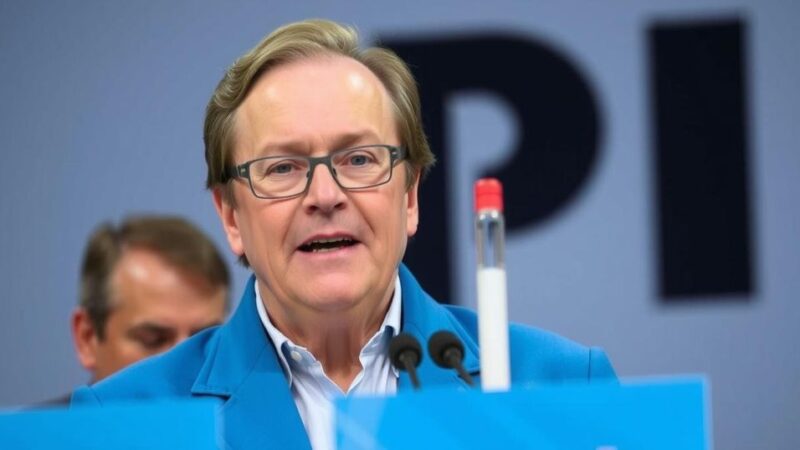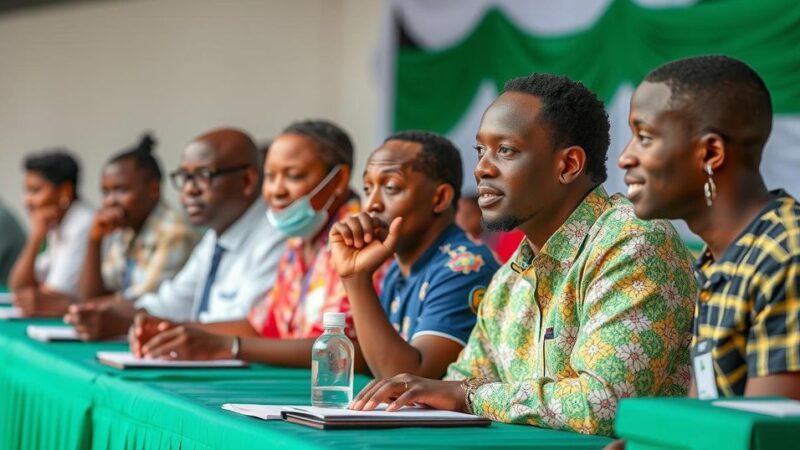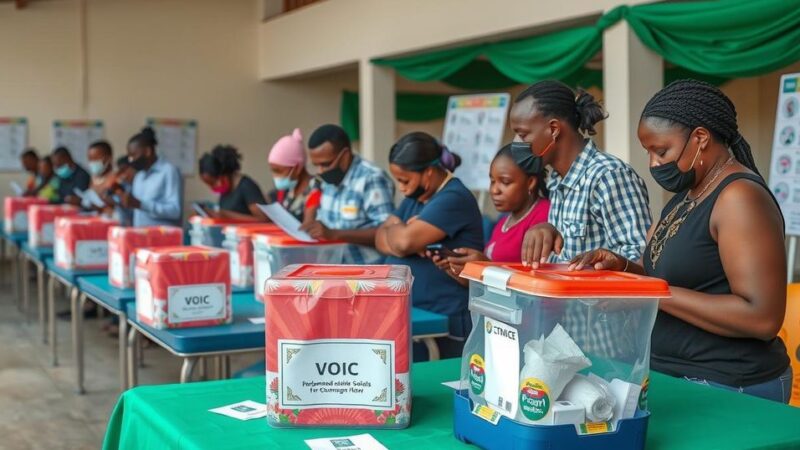Voters in Comoros are electing a new parliament amidst allegations of authoritarianism and prior electoral irregularities surrounding President Azali Assoumani. Approximately 338,000 registered voters are participating in the election, with a mix of opposition parties supporting and opposing the electoral process. Polls will close at 4 p.m., with results anticipated by January 17.
Citizens of Comoros commenced voting on Sunday to elect members to the 33-seat parliament in the Indian Ocean archipelago. This election follows President Azali Assoumani’s contentious reelection last year, which opposition groups claimed was marred by extensive irregularities—claims that the ruling party officials refuted. Polling stations opened at 8 a.m., with approximately 338,000 registered voters expecting to cast their ballots, marking the first parliamentary election since January 2020. Almost 100 candidates have been approved by the Supreme Court to run for the available seats.
President Azali Assoumani, who rose to power in a 1999 coup and has been reelected three times, faces accusations from his opponents of authoritarian behavior and plans to position his eldest son, Nour El-Fath, as his successor. Recently, Assoumani granted his son significant governmental authority. Various opposition factions, such as the Juwa party led by former President Ahmed Abdallah Sambi—currently serving a life sentence—have promoted a boycott of the election, while others have dismissed this call.
Hamidou Karihila, representing the opposition Hope of the Comoros party, articulated a view opposing the boycott, stating, “The Azali regime is weakened… by participating in these elections we are contributing to further exposing the flaws in its system and accelerating its inevitable fall.” Polling is scheduled to conclude at 4 p.m., with election results anticipated by January 17.
The Comoros islands have historically experienced political instability and authoritarian governance. President Azali Assoumani, who has maintained a grip on power since 1999 through a coup and subsequent elections, faces mounting opposition that criticizes his regime as increasingly authoritarian. The Socio-political landscape has been strained following his son’s elevation in government roles, leading to speculation about dynastic succession. The previous elections have been met with allegations of irregularities, marking a contentious political climate leading into this election.
The parliamentary elections in Comoros represent a significant political event amid allegations of authoritarian practices and calls for reform from the opposition. Voters are faced with choices reflecting broader concerns about governance, legitimacy, and succession within the powerful ruling party. The results of this election could potentially shape the future political landscape in the Comoros archipelago.
Original Source: www.voanews.com







